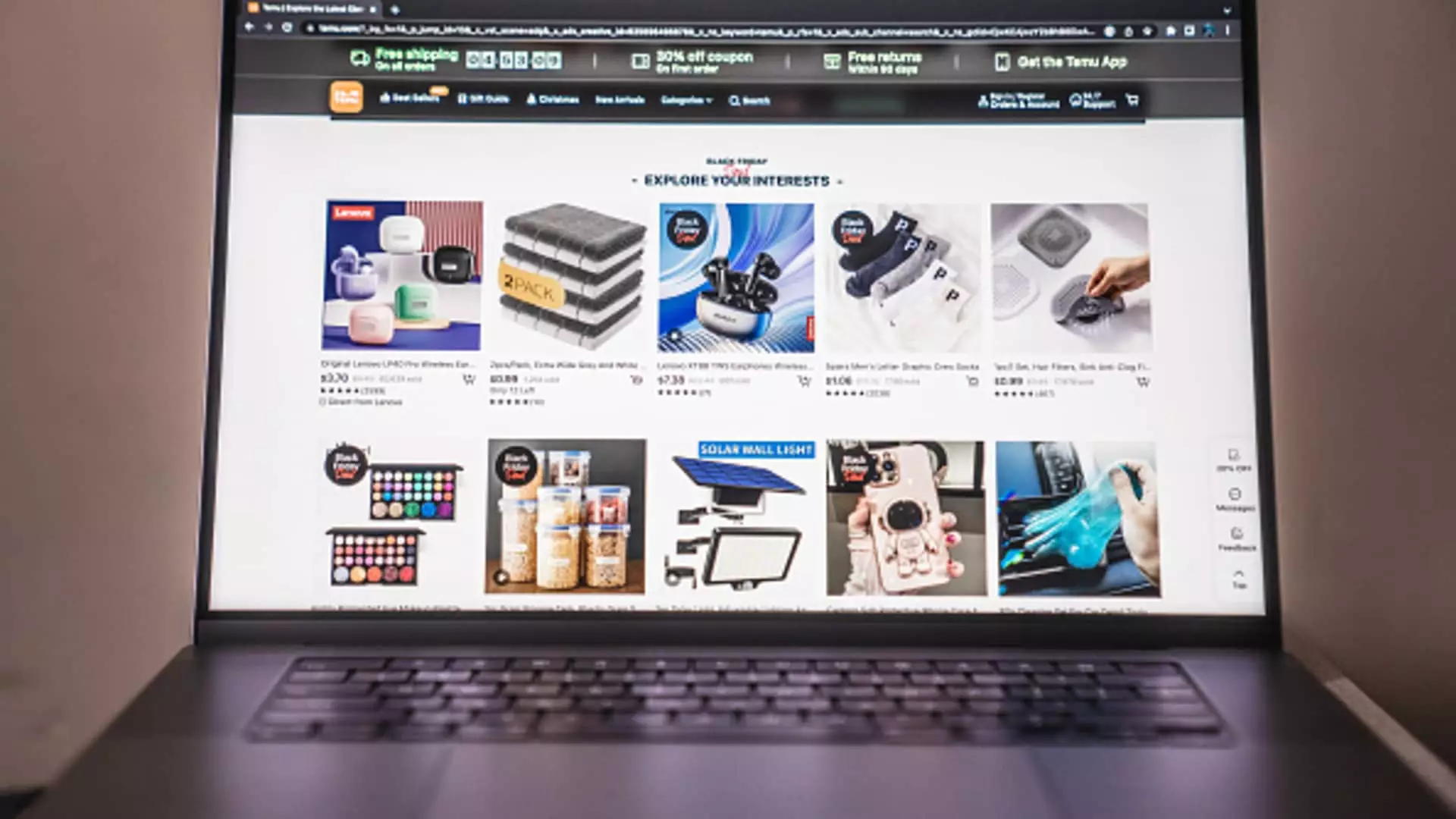The call for an investigation into the safety practices of foreign-owned e-commerce platforms, such as Shein and Temu, by two U.S. Consumer Product Safety Commission members, raises serious concerns about consumer protection. CPSC Commissioners Peter Feldman and Douglas Dziak emphasized the need to scrutinize these platforms for the alleged sale of “deadly baby and toddler products.” Their letter highlights the importance of evaluating the safety and compliance controls of Shein and Temu, along with their relationships with third-party sellers and consumers. Moreover, the commissioners seek to understand the enforcement challenges posed by firms with little to no U.S. presence distributing consumer products through these platforms.
Recent reports have shed light on potentially hazardous products being sold on these platforms. Temu was found to be offering padded crib bumpers, which are prohibited in the U.S. due to suffocation hazards, while Shein sells children’s hoodies with drawstrings that have been flagged as safety risks by regulators. These revelations underscore a pressing need for thorough investigations and strict regulatory oversight to safeguard consumer well-being.
In response to the allegations, Shein and Temu have asserted their commitment to customer safety. Shein’s spokesperson stated that the company is investing significant resources to enhance its compliance programs and ensure product safety. Similarly, a representative from Temu emphasized that all sellers on its platform are required to comply with laws and regulations, including those pertaining to product safety. While these statements express a willingness to cooperate with authorities, the onus lies on these companies to demonstrate tangible actions towards improving safety standards.
It is evident that discount retailers like Shein and Temu have experienced exponential growth and popularity, particularly in the U.S. market. Leveraging online marketing tactics and offering affordable products sourced from China, these platforms have captured consumer attention with their low-priced items. Shein, with its reported valuation of $66 billion, and Temu, backed by PDD Holdings, have rapidly expanded their presence in the American retail landscape. Their rise has prompted interest from industry incumbents like Amazon, signaling a shifting dynamic in the e-commerce sector.
One of the key factors driving the success of Shein and Temu is the exploitation of trade regulations, such as the de minimis exemption, which allows duty-free imports of packages valued under $800 from China into the U.S. This loophole has enabled these platforms to capitalize on direct-to-consumer shipments and offer goods at competitive prices. However, this practice raises concerns about circumventing safety and quality standards, necessitating stricter oversight and regulatory enforcement.
The growing presence of emerging e-commerce platforms like Shein and Temu underscores the urgency for regulatory bodies, such as the CPSC, to bolster their monitoring capabilities. Requests for additional funding to hire staff dedicated to overseeing these platforms reflect the heightened scrutiny and regulatory gaps in addressing safety practices. Lawmakers are also ramping up efforts to hold these platforms accountable and ensure adherence to stringent safety regulations.
The scrutiny surrounding the safety practices of foreign-owned e-commerce platforms illuminates broader concerns regarding consumer protection and regulatory compliance. As Shein, Temu, and similar players in the market continue to expand their influence, it is imperative for regulatory authorities and legislators to enforce stringent safety standards and hold these platforms accountable for the products they sell. The evolving landscape of e-commerce demands proactive measures to safeguard consumer well-being and uphold ethical business practices in the digital marketplace.

